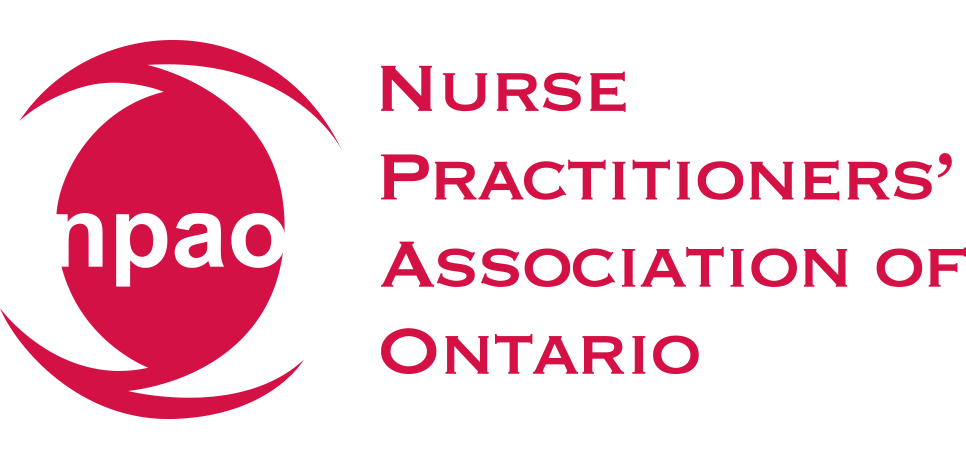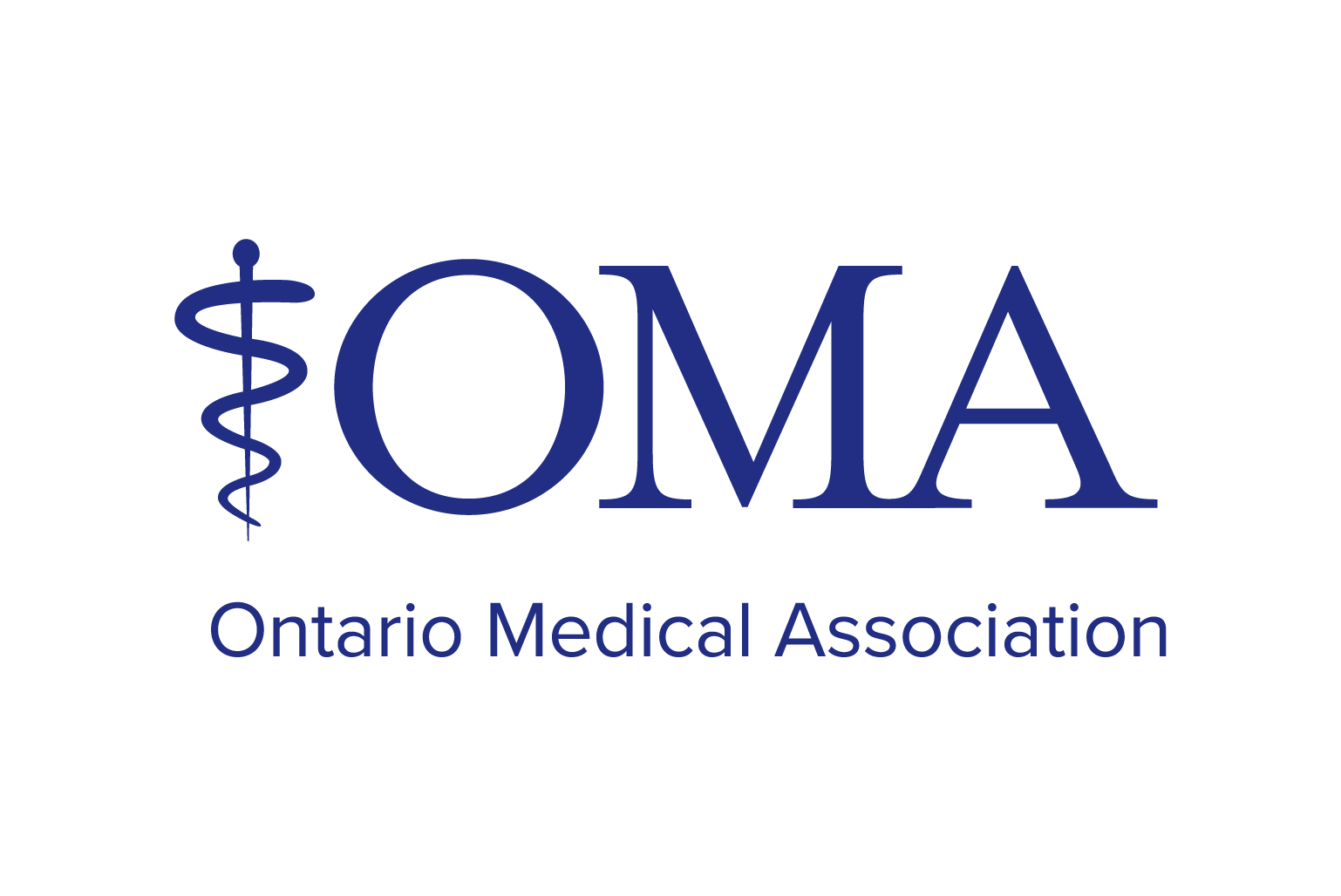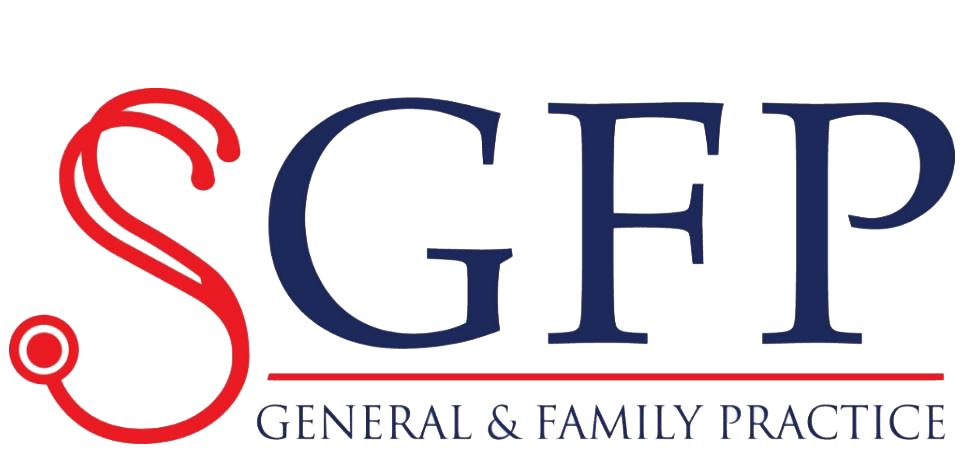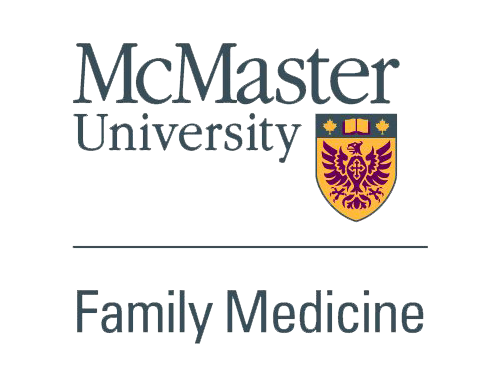COVID-19 Vaccines and Boosters
Introduction
On December 9, 2020, Health Canada authorized the first COVID-19 vaccine for use in Canada.
This resource guides family physicians and primary care nurse practitioners through the latest information about vaccines and boosters in Ontario. It covers the latest booster information for children and adults, and provides an updated and comprehensive Q&A section.
Share resource
Developed with support from:
Information
About the tool
This resource was originally developed in 2020 to help guide primary care providers through the latest information about COVID-19 vaccines in Ontario. The focus now in 2023 is on boosters and giving clinicians the information they need to advise patients on relevant booster schedules.
Key messages
- Lead by example and get your booster. Stay on top of the booster schedule and get the COVID-19 booster to protect yourself, your patients, and your
community - Advise patients to receive the booster. Communication by trusted health professionals about the importance of boosters is the most effective way to counter vaccine hesitancy. Tell your patients you will get or have already received the booster.
- Be an educator. Be prepared to answer patient questions and address concerns about the booster.
The COVID-19: Vaccines Resource is part of the COVID-19 Resource Centre. This resource was developed by the Centre for Effective Practice with support from the Ontario College of Family Physicians, Nurse Practitioners’ Association of Ontario, Association of Family Health Teams of Ontario, Ontario Medical Association, Registered Nurses’ Association of Ontario, Ontario College of Pharmacists, Section of General and Family Physicians of Ontario, Department of Family Medicine at McMaster University and the School of Pharmacy at the University of Waterloo, using a rapidly-modified version of the CEP’s integrated knowledge translation approach. It is one of several clinical resources developed as part of the Knowledge Translation in Primary Care Initiative. Funded by the Ontario Ministry of Health, this initiative supports primary care providers with the development of a series of clinical tools and health information resources.
CEP's COVID-19 evidence inclusion/exclusion criteria
CEP’s standard inclusion criteria for evidence is Clinical Practice Guidelines (CPGs) and systematic reviews that pass an AGREE/AMSTAR quality assessment, published within the previous five years from search date. By their nature, systematic reviews are more likely to convey the strength of evidence than individual studies, and high-quality CPGs provide a more comprehensive picture of a clinical area or question than individual studies.
However, due to the rapidly developing COVID-19 information landscape and the incidence of individual studies being reported in the news and shared on social media on a daily basis, CEP will include certain single studies in our COVID-19 Resource Centre, in order to keep Ontario primary care physicians and nurse practitioners informed about the evolving evidence. Our dedication to providing the highest-quality evidence available has not changed but given the pace of research on COVID-19, it is not feasible for us to critically review individual studies. We have set the following inclusion/exclusion criteria to enable readers to understand what research will and will not be incorporated into the resource.
Inclusion
- Peer-reviewed individual studies, when their inclusion will not confuse or mislead primary care providers about what constitutes validated, evidence-based care. Contextual information about study limitations will be provided for all Emerging Evidence sections.
- Systematic reviews and rapid guidelines that pass AGREE/AMSTAR criteria.
Exclusion
- Non-peer-reviewed studies. This includes preprints, original manuscripts, blogs of academic journals, and Letters to the Editor in many academic journals. Once preprint articles and manuscripts are peer-reviewed they will be eligible for inclusion.
For more information on the hierarchy of evidence and study limitations, see The Centre for Evidence-Based Medicine.
Clinical leads
Noah Ivers
MD, CCFP, PHD - SCIENTIST AND EVALUATOR, WOMEN'S COLLEGE HOSPITAL
Dr. Noah Ivers is a family physician at Women's College Hospital, scientist at Women’s College Research Institute, and innovation fellow at the Women's College Institute for Health System Solutions. He is also an Associate Professor in the Department of Family and Community Medicine and at the Institute for Health Policy, Management and Evaluation at the University of Toronto. He holds a Canada Research Chair in the Implementation of Evidence Based Practice. Noah's research focuses on the use of data to drive evidence-based, patient-centred improvements in healthcare. He has conducted multiple pragmatic randomized trials, systematic reviews, and qualitative work on health services and quality improvement interventions.
Clinical experts
Clinical expertise and input was provided by:
- Alykhan Abdulla, MD, CCFP, FCFP, DIPSPORTMED, CTH, CCPE, MCPL, ICD.d
- Cora Constantinescu, BSc, MD, FRCPC
- Kelly Grindrod, BScPharm, PharmD, MSc
- Nancy Lum-Wilson, R.Ph., B.Sc.Phm., MBA
Expert Reviewers
Usability participants received a token of appreciation (e.g., gift certificate).









